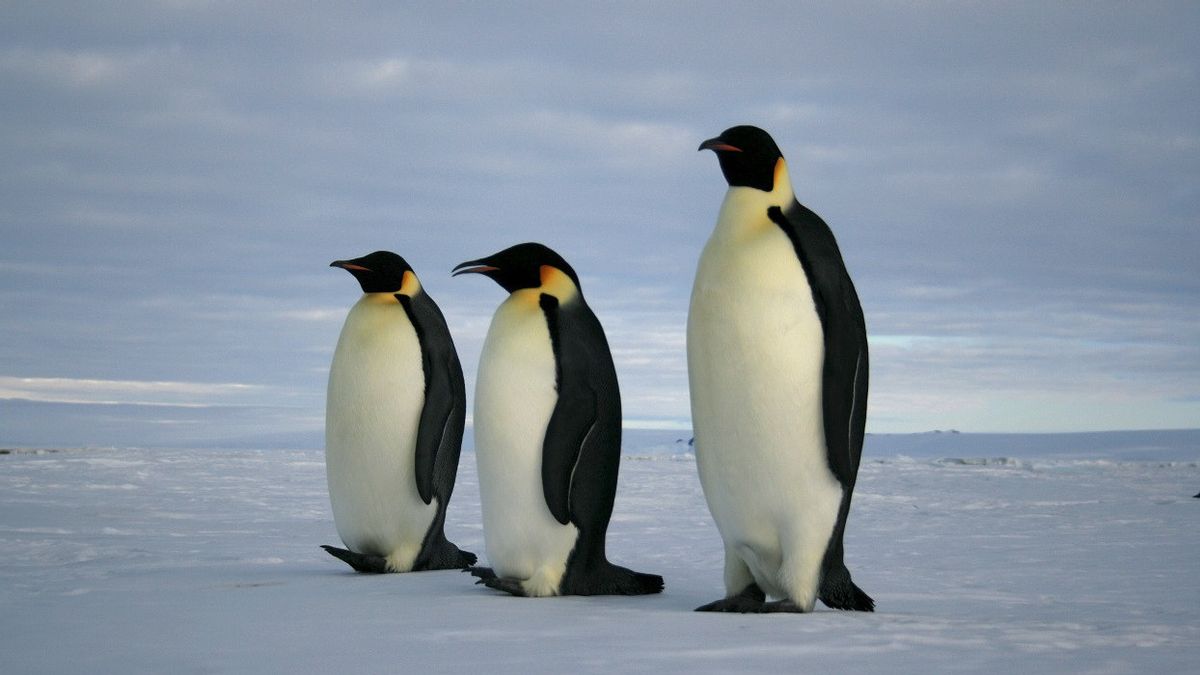The Antarctic negligee is at risk of extinction due to rising global temperatures and the loss of sea ice, the United States Government said, while completing protection for the animal under the U.S. Endangered Species Act.
The US Fish and Wildlife Service saysmittersmust be protected under the law as birds build colonies and raise their young on Antarctic ice that is threatened by climate change.
The wildlife agency said a thorough review of evidence, including satellite data from 40 years of age, showed that the penguin is currently not in danger of extinction.
However, the temperature rise indicates the possibility. The agency's review follows a 2011 petition by the Hayati Center for Diversity group to register the bird under the Endangered Species Act.
Climate change has caused colonies to experience crop failures, according to the government.
"Halley Bay colony in the Weddell Sea, the world's second-largest penguin colony, has experienced several years of poor sea ice conditions, leading to the sinking of all newborns starting in 2016," the government said.
The endangered status will encourage international cooperation for conservation strategies, increase funding for conservation programs, and require federal agencies in the United States to act to reduce threats.
The appointment of October 25 was described as a warning, the colonizer's penguin needed "urgent climate action" to survive by Shaye Wolf, director of climate science at the Center for Biodiversity.
"The existence of the penguin relies heavily on whether our government takes firm action now, to cut fossil fuels that heat the climate and prevent permanent damage to life on Earth," Wolf said.
It is known that the 1973 Endangered Species Act was recognized to have brought some animals back from the brink of extinction, including grizly bears, bald eagles, gray whales and others.
The law has frustrated several drilling and mining industries, among others, that can be stopped from developing areas deemed necessary for species survival.
The English, Chinese, Japanese, Arabic, and French versions are automatically generated by the AI. So there may still be inaccuracies in translating, please always see Indonesian as our main language. (system supported by DigitalSiber.id)













